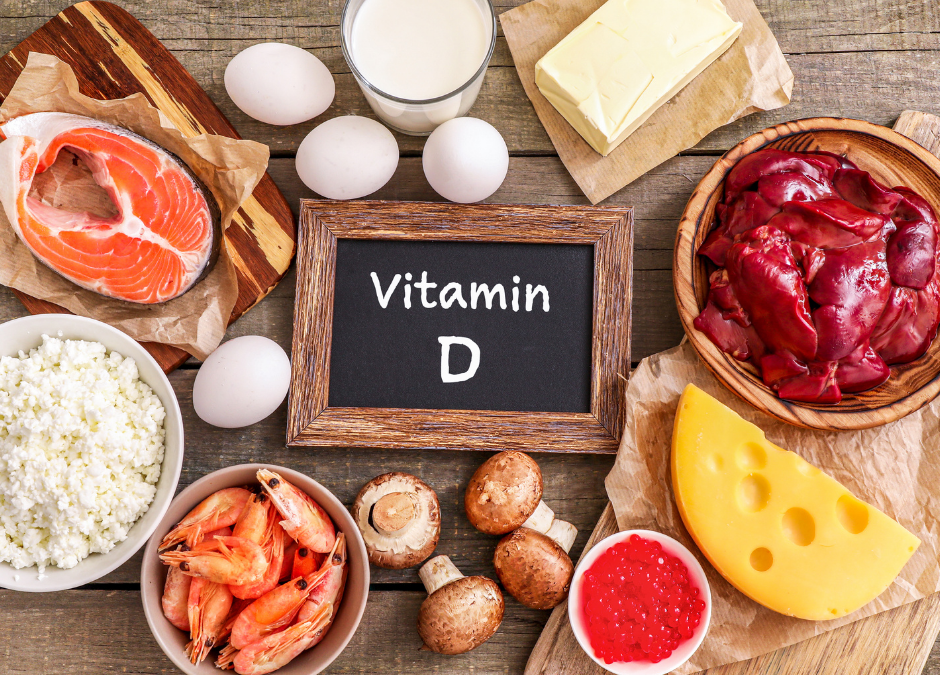Vitamin D is a fat-soluble vitamin in a family of compounds that includes vitamins D1, D2, and D3.
Your body produces vitamin D naturally when it’s directly exposed to sunlight. You can also get vitamin D from certain foods and supplements to ensure adequate levels of the vitamin in your blood.
Vitamin D has several important functions. Perhaps the most vital are regulating the absorption of calcium and phosphorus and facilitating normal immune system function.
Getting enough vitamin D is important for typical growth and development of bones and teeth, as well as improved resistance to certain diseases.
Here is more information about the benefits of vitamin D, plus information about downsides, how much you need, and foods with vitamin D.
In addition to its primary benefits, research suggests that vitamin D may also play a role in:
- Reducing the risk of multiple sclerosis (MS). A 2018 review of population-based studies found that low levels of vitamin D are linked with an increased risk of MS.
- Decreasing the chance of heart disease. Low vitamin D levels have been linked to increased risk of heart diseases such as hypertension, heart failure, and stroke. But it’s unclear whether vitamin D deficiency contributes to heart disease or simply indicates poor health when you have a chronic condition.
- Reducing the likelihood of severe illnesses. Although studies are mixed, vitamin D may make severe flu and COVID-19 infections less likely. A recent review found that low vitamin D levels contribute to acute respiratory distress syndrome.
Supporting immune health. People who do not have adequate vitamin D levels might be at increased risk of infections and autoimmune diseases, such as rheumatoid arthritis, type 1 diabetes, and inflammatory bowel disease.
2. Vitamin D may regulate mood and reduce depression
Research has shown that vitamin D might play an important role in regulating mood and decreasing the risk of depression.
A review of 7,534 people found that those experiencing negative emotions who received vitamin D supplements noticed an improvement in symptoms. Vitamin D supplementation may help people with depression who also have a vitamin D deficiency.
Another study identified low vitamin D levels as a risk factor for more severe fibromyalgia symptoms, anxiety, and depression
3. Risks of getting too much vitamin D
If you take excessive amounts of vitamin D supplements, you may get too much of it. However, this is unlikely to happen through diet or sun exposure because your body regulates the amount of vitamin D produced through sun exposure.
Vitamin D toxicity can lead to an increase in your blood calcium levels. This can result in a variety of health issues, such as:
- nausea
- apathy
- vomiting
- abdominal pain
- dehydration
- confusion
- increased thirst
some food sources of vitamin:
Some foods contain vitamin D naturally, and others are fortified with it. You can find vitamin D in the following foods:
- salmon
- sardines
- herring
- canned tuna
- cod liver oil
- beef liver
- egg yolk
- shrimp
- regular mushrooms and those treated with ultraviolet light
- milk (fortified)
- certain cereals and oatmeals (fortified)
- yogurt (fortified)
- orange juice (fortified)
It can be hard to get enough vitamin D each day through sun exposure and food alone, so taking vitamin D supplements could help.




